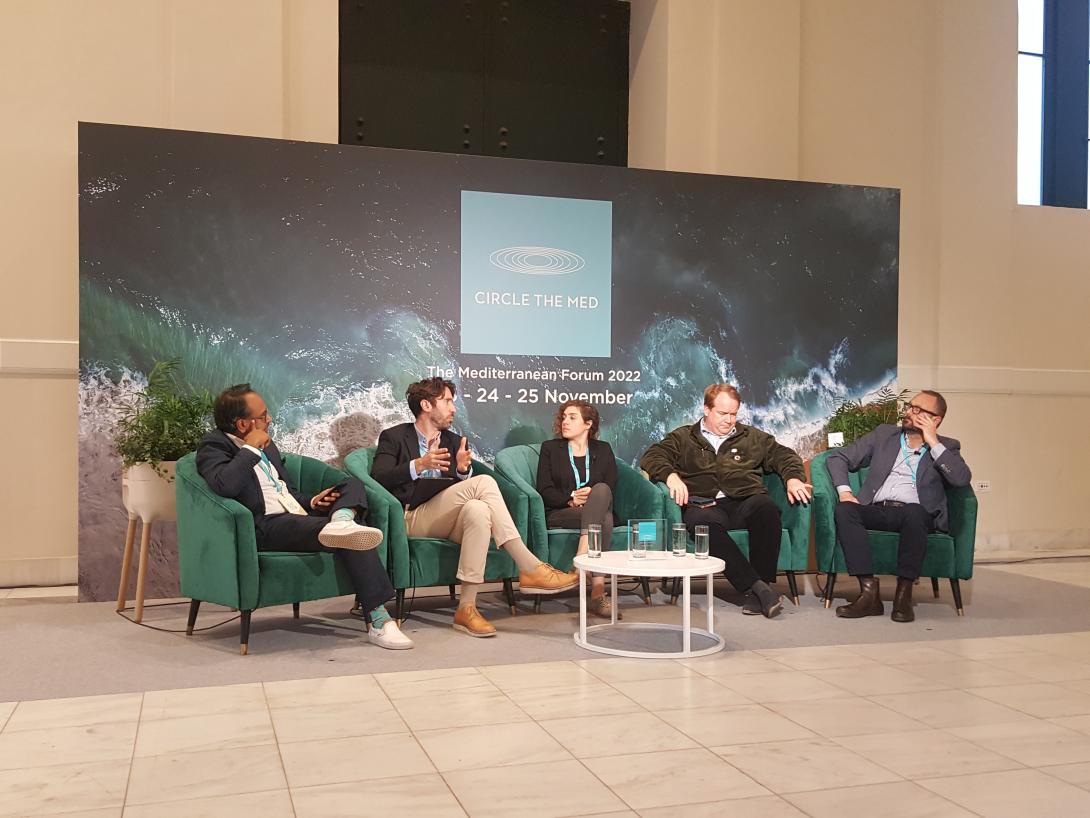MIND THE GAP : from regulation to financing circular action

Mind the Gap: From Regulation to Financing with members of the Circulars Economy Solutions Dialogues (CESD):
Half a century after the release of the Club of Rome’s ‘Limits to Growth’ report, which introduces and justifies the fact that our planet is physically limited, and that we cannot continue to use more physical resources and generate more emissions than nature is capable of supplying in a sustainable manner, the human kind is in the midst of a global energy and pandemic crisis as well as a geopolitical turmoil driven by an unprecedented armed war conflict on our continent. Nevertheless, the Circular Economy remains and re-emerges as a promising response to sustainability challenges.
The Circular Economy remains an explicit theme for three of the major global agendas for Sustainable Development, notably the 2030 Agenda, the Paris Climate Agreement and the Convention on Biological Diversity. The G20 Leaders acknowledged the role of circular economy in tackling CO2 emission reduction in 2020, calling for the development of G20 circular economy guidelines including ‘circular cities’ in 2021, while emissions reduction and a global effort to waste minimization remains a strong focus of the current G20 presidency as well.
The Covid-19 pandemic has brought unprecedented disruption that – absent targeted policy efforts – will rearrange the social and employment landscape for years to come (e.g., the global shortfall in jobs is projected to stand at 23 million in 2022). The pandemic together with the energy crisis and the war have exposed serious weaknesses and risks of the existing linear production systems, especially with regards to global supply chains. These crises have brought up new priorities, such as the need to rebalance global and local production systems to reduce dependencies and related risks.
The “Mind the Gap: From Regulation to Financing” session aimed at:
- stimulating a dialogue that would enable an improved alignment of institutional, industrial and financial leverage with current demand for job and value creation within resource conscious development pathways driven by concerted enabling factors – i.e., policies and legislation – and supported by the right financing schemes;
- communicating global findings generated within a two-year dialogues-based project related to existing barriers and solutions for the transition to the circular economy;
- discussing those findings considering the Mediterranean specificities and perspective.
During the panel discussion a short survey was conducted with the participants on the current stage of circular economy policies in their countries. You can see the results of the survey under.
The recording of the session is also available here (after registering at the conference's website): https://www.circlethemed.com/vod/circle-the-med-2022/s/mind-the-gap-from-regulation-to-financing-circular-action
Circle the Med Conference:
The Circle the Med – The Mediterranean Forum 2022 took place between 23-27 November simultaneously in Athens, Zappeion Megaron and Alexandria, Egypt, as a Post COP27 lessons learned - Capitalization event. The CTM 2022 built on the findings and recommendations of COP27 and took into consideration the important developments in the region in regards to energy transition, climate neutrality, zero pollution and food security.
The Circle the Med has been building bridges between the North and the South shore of the Mediterranean, as well as between the East and the West, through the development of networking, best practices, exchanges and twinning activities; promoting the concept of Circular Mediterranean and enhancing the circular economy model as the one that will ensure a smooth energy transition and the carbon neutrality of the Region.